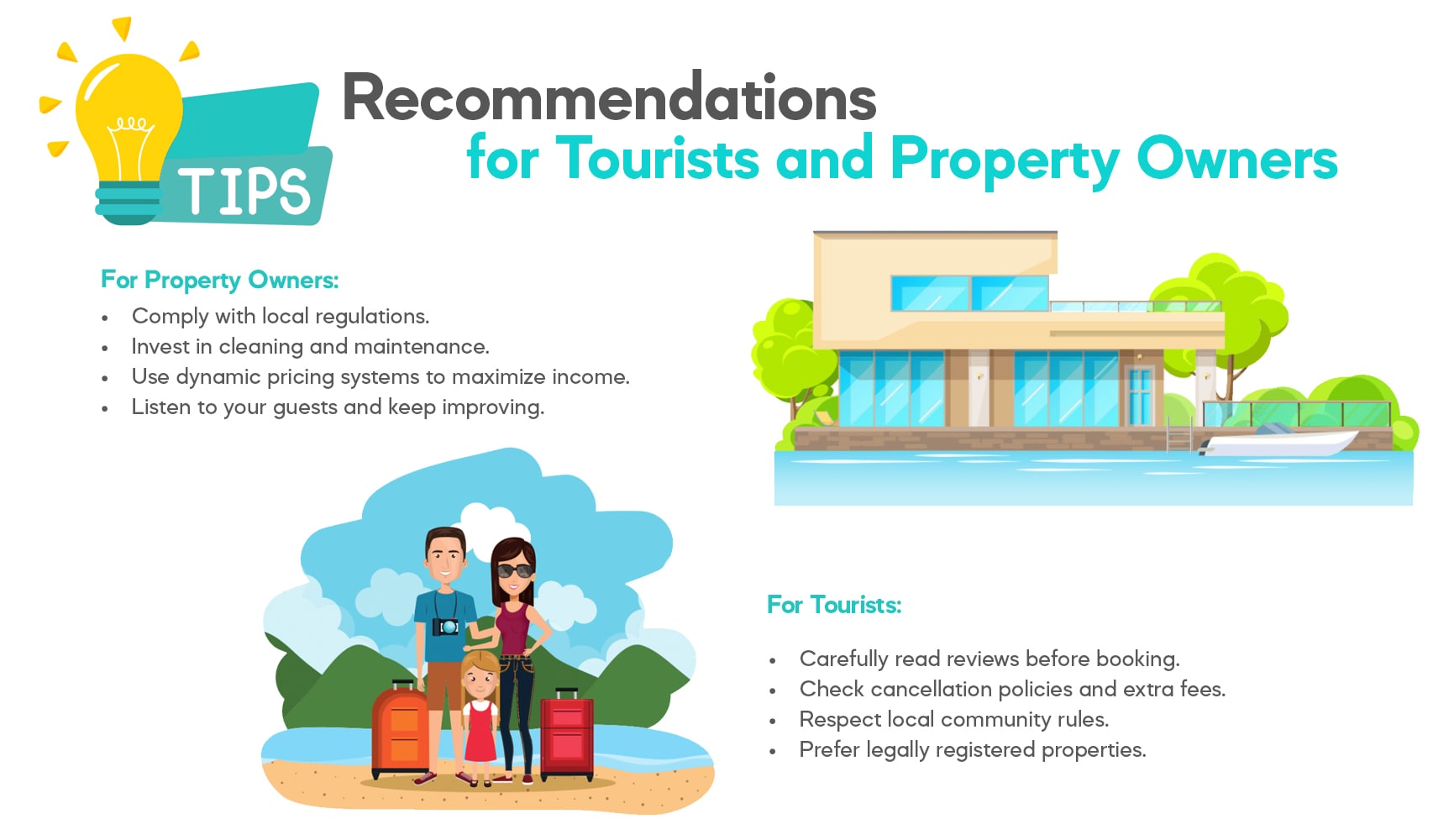Amazing Impact of Airbnb and 7 Key Changes in the Beach House Rental Market
Impact of Airbnb and similar platforms on the beach house rental market:
discover how they’ve transformed the industry with 7 key changes.
Introduction to the Airbnb Phenomenon
The impact of Airbnb and similar platforms on the beach house rental market has been one of the most significant phenomena in the tourism industry over the past decade. What began as an affordable and flexible alternative to traditional lodging has become a disruptive force that has reshaped the real estate, social, and economic landscape in hundreds of coastal destinations.
These digital platforms have introduced new market dynamics, changing the rules of the game for property owners, tourists, and local communities. Throughout this article, we’ll explore seven major changes these platforms have brought about and how they directly affect beach house rentals.
🏠 What is Airbnb and How Does it Work?
Airbnb is a digital platform that connects people who want to rent out their home—or part of it—with guests looking for a different experience than that offered by traditional hotels. Founded in 2008, it has grown exponentially, giving users access to millions of properties worldwide, including sought-after beach houses.
Other similar platforms include Vrbo, Booking.com, HomeAway, and TripAdvisor Rentals, all offering features that make it easier to search for, book, and manage vacation accommodations.
🏝️ History of Beach House Rentals
Before the digital era, renting beach houses was typically managed through local real estate agencies or personal contacts. The market was more closed, with less transparent pricing and lower guest turnover. Today, everything has changed thanks to digital globalization.
📈 The Rise of Vacation Rental Platforms
Digital platforms have removed many barriers: it’s no longer necessary to live near your property to rent it out, nor to invest in expensive advertising. With just a few clicks, any owner can offer their beach house to the entire world.
This boom has been accompanied by the professionalization of the sector, where hosts must meet quality standards, follow cancellation policies, and manage guest reviews.

7 Key Changes in the Beach House Rental Market
💰 1. Market Price Changes
One of the most visible impacts has been the rise in prices for both vacation rentals and properties for sale in popular coastal areas.
As owners realize they can earn more renting by the day instead of by the month, long-term rentals have declined.
This shift has made it unaffordable for many local families to rent homes in their own coastal communities.
Key figures:
- In some Mediterranean destinations, rental prices have increased by up to 30% since Airbnb appeared.
- Tourist occupancy rates in beach areas have grown by 60% in the past five years.
🧳 2. Gentrification and Local Displacement
Coastal communities have seen a radical transformation in their demographics. Many homes once used by residents have been converted into tourist accommodations.
This has led to a gentrification phenomenon, where traditional residents are displaced by tourists or new property owners with greater purchasing power.
Social consequences:
- Loss of community identity.
- Decrease in schools, medical services, and local businesses.
🧑💼 3. Professionalization of Vacation Rentals
Many property owners have transitioned from being “occasional hosts” to professional property managers, investing in interior design, cleaning services, automated check-in systems, and even digital marketing strategies.
Today, rental success depends on:
- Professional photos.
- Positive reviews.
- Quick guest response times.
- Competitive seasonal pricing.
⚖️ 4. Regulations and Legal Challenges
With the rapid growth of these platforms, local governments have begun to implement regulations to control the phenomenon. Among them:
- Limits on the number of days a property can be rented.
- Registration or licensing requirements.
- Special tourism taxes.
These measures aim to balance tourism development with the rights of local residents.
📊 5. Impact on the Local Economy
The economic impact has been mixed:
Positive:
- Increased employment in sectors like cleaning, maintenance, and transport.
- New opportunities for local entrepreneurs.
Negative:
- Greater dependence on tourism.
- Price inflation in goods and services.
🌍 6. Tourist Experience and Standardization
Airbnb and its competitors have raised travelers’ expectations. Today, tourists expect high-speed Wi-Fi, self check-in, and personalized local recommendations.
This has led to a homogenization of experiences: many beach houses now follow similar styles to better appeal to the market.
🌱 7. Sustainability and Environmental Pressure
The growth of tourism in coastal areas has created heavy pressure on natural resources:
- More waste and trash.
- Higher water consumption in areas with shortages.
- Coastal erosion due to temporary overpopulation.

Conclusion
The impact of Airbnb and similar platforms on the beach house rental market has been transformative. They have democratized access to tourism, opened up new income streams, and forever changed how we understand vacation lodging.
However, the challenges are significant: regulation, sustainability, housing access, and protection of local communities.
Looking ahead, balance will be key. Authorities, businesses, and citizens will need to work together to build a tourism model that is sustainable,
fair, and profitable for all.
